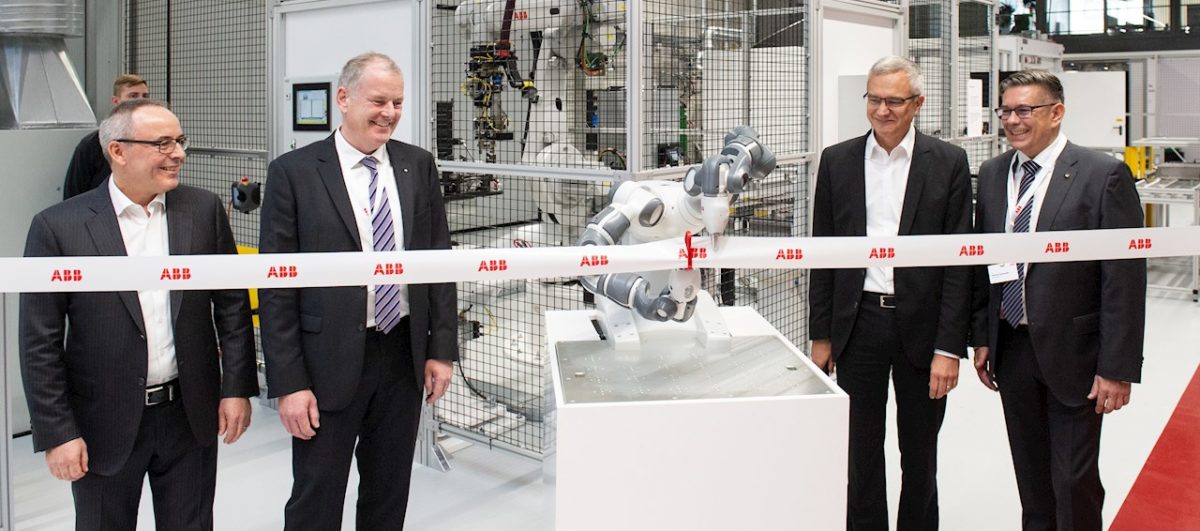Power electronics giant ABB has placed its string inverters on top of one of its Italian factory sites and strengthened its presence in the e-mobility energy storage systems market.
ABB has inaugurated a production facility in Baden, Switzerland that will manufacture mobility-related energy storage systems for use in applications such as e-buses and trolleybuses, e-trucks and railways. The company has reportedly already received Swiss trolleybus orders from Zurich, Lausanne and Fribourg.
The manufacturer was keen to draw the distinction between assembling battery cells into transport-related modules and the services it offers, which involve developing electric drive trains and kinetic energy recovery systems. Such units recover energy generated from braking to extend the range of electric vehicles – particularly useful for trolleybuses which rely on overhead lines.
ABB says it can also retrofit diesel drivetrains with electric storage systems with the resulting hybrids producing 30% less CO2 emissions.
“Our production facility for energy storage systems here in Baden only reinforces our technology and market leadership in the field of sustainable mobility,” said Robert Itschner, chief executive of ABB Switzerland. “We have been making advances here with our solutions for over 100 years. This enables us to supply the entire power train – including energy storage solutions – for rail, e-bus, trolleybus and e-truck applications from a single source.”
Italian job
Meanwhile, the Italian Ministry of Economic Development has chosen ABB’s Dalmine factory – and its sister manufacturing sites in Frosinone and Santa Palomba – to participate in its ‘intelligent factory cluster’ program as a role model for companies aiming at digital transformation. The Dalmine factory produces medium-voltage switchgear, disconnectors, and switchboards.
ABB installed a 900 kW solar rooftop at the site and said it expects annual savings of €60,000 as a result.
“The new system provides air conditioning in summer and light air conditioning in spring and autumn producing, in the three seasons, a quantity of photovoltaic electricity equal to or greater than the need,” said Sabatino Senatore, facility manager at ABB Dalmine.
In terms of hardware, ABB installed its TRIO-TM-50.0-400 series inverters. The devices use a cloud-based energy management platform and are integrated into the ABB Ability Electrical Distribution Control System. The company also deployed its Ekip UP controller, which renders small plants into digital microgrids.
The ABB inverters used could be among the last products to carry the manufacturer’s brand, with a sale of the inverter business to Italian manufacturer Fimer expected to be completed early next year.
This content is protected by copyright and may not be reused. If you want to cooperate with us and would like to reuse some of our content, please contact: editors@pv-magazine.com.




By submitting this form you agree to pv magazine using your data for the purposes of publishing your comment.
Your personal data will only be disclosed or otherwise transmitted to third parties for the purposes of spam filtering or if this is necessary for technical maintenance of the website. Any other transfer to third parties will not take place unless this is justified on the basis of applicable data protection regulations or if pv magazine is legally obliged to do so.
You may revoke this consent at any time with effect for the future, in which case your personal data will be deleted immediately. Otherwise, your data will be deleted if pv magazine has processed your request or the purpose of data storage is fulfilled.
Further information on data privacy can be found in our Data Protection Policy.